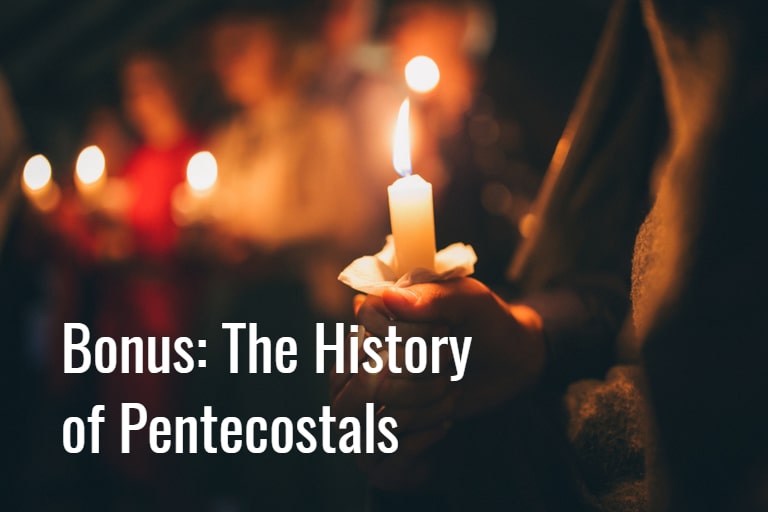Interviewer: Aly Kamadia is the Editor-In-Chief of iDose
Interviewee: Dr. André Gagné is Associate Professor in the Department of Theological Studies at Concordia University (Canada)
Aly Kamadia: Can you briefly comment on the history of Pentecostals?
André Gagné:
Sure, to have a better sense of what Pentecostalism is about, a very brief historical background might be a good place to start. Some scholars see the roots of Pentecostalism beginning with the Protestant pietistic movement of the 17th century which emphasized religious feelings over formal doctrinal knowledge. Later, in the 18th century, John Wesley, an Anglican minister and revivalist of the Methodist movement, would also be profoundly influenced by pietistic spirituality after meeting a group of Moravian brothers. Wesley began to emphasize the idea of “Christian perfection,” which he understood as a state of Christian maturity, manifested through one’s love for God and neighbor, bringing freedom from all sin.
These ideas also came to North America during the Two Great Awakenings, under the influence of Jonathan Edwards, an American preacher and revivalist in the 18th century, and Charles Grandison Finney, the father of contemporary revivalism in the 19th century. These revival movements also underscored the importance of deep feelings of piety which were to be part of the “conversion” experience. Finney aligned himself to Methodist thinking by preaching “Christian perfection” or what some call “entire sanctification.”
“Christian perfection” was seen as a “second work of grace”; the “first work of grace” being that of “conversion.” It was thought that believers could receive additional “grace” to live in obedience to Christ, which would lead them to “Christian perfection.”
The other pivotal moment in this trajectory happened in the 19th century through an American revivalist associated with the Holiness Movement by the name of Phoebe Palmer. In 1837, Palmer claimed to have experienced “entire sanctification,” and taught this to be the “baptism in the Holy Spirit.” The Wesleyan second “work of grace” is therefore identified as the “baptism in the Holy Spirit.” Palmer’s insistence on the Spirit’s baptism would pave the way for the Pentecostal movement.
Toward the end of the 19th century, a small group led by Charles Fox Parham, an American Methodist preacher, met at a Bible school in Topeka, Kansas. They studied New Testament miracles and were intrigued with the story of Pentecost in the book of Acts of the Apostles, where those who were baptized with the Holy Spirit “began to speak in other tongues” (Acts 2,4). According to their testimony, something happened on January 1st, 1901. A Bible student named Agnes Ozman began to “speak in other tongues” during a prayer meeting at Parham’s Bible school, which he and others also experienced a few days later. Parham taught that “the baptism in the Holy Spirit” should always be accompanied with “speaking in tongues”; the experience, therefore, became a separate event from the first two “works of grace,” conversion and sanctification. The “baptism in the Holy Spirit” with the initial sign of “speaking in tongues” was now added to the Christian experience as that of a “third work of grace.”
The Pentecostal revival then found its way to a small church on Azusa Street, Los Angeles. There also, in 1906, under the leadership of William J. Seymour, an African-American preacher associated with the Holiness movement, many received the “baptism of the Spirit” and began to “speak in other tongues.” After this moment, the Pentecostalism spread globally, and the “Pentecostal experience” also spread to other traditional churches during the 1960s “Charismatic Renewal”, and to “Third wave” evangelicals or “neo-charismatics” in the 1980s.
©All Rights Reserved
Dr. André Gagné is Associate Professor in the Department of Theological Studies at Concordia University (Canada)
Aly Kamadia is the Editor-In-Chief of iDose
To read the main interview, click here.
Note: The views expressed in this interview do not reflect those of Intellectual Dose, or iDose (its online publication). All Rights Reserved unless stated otherwise.



